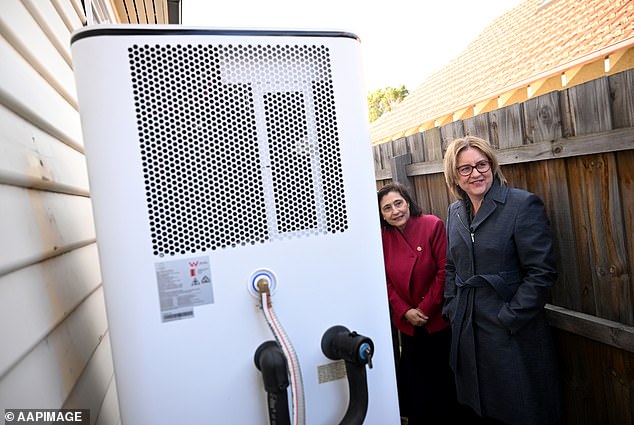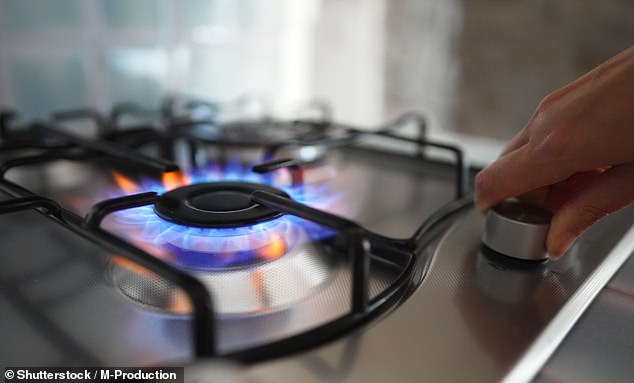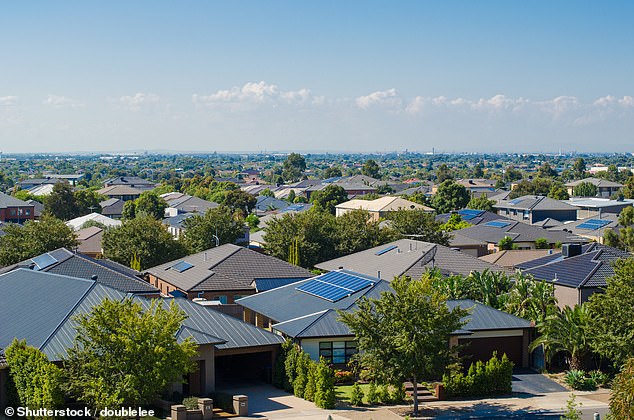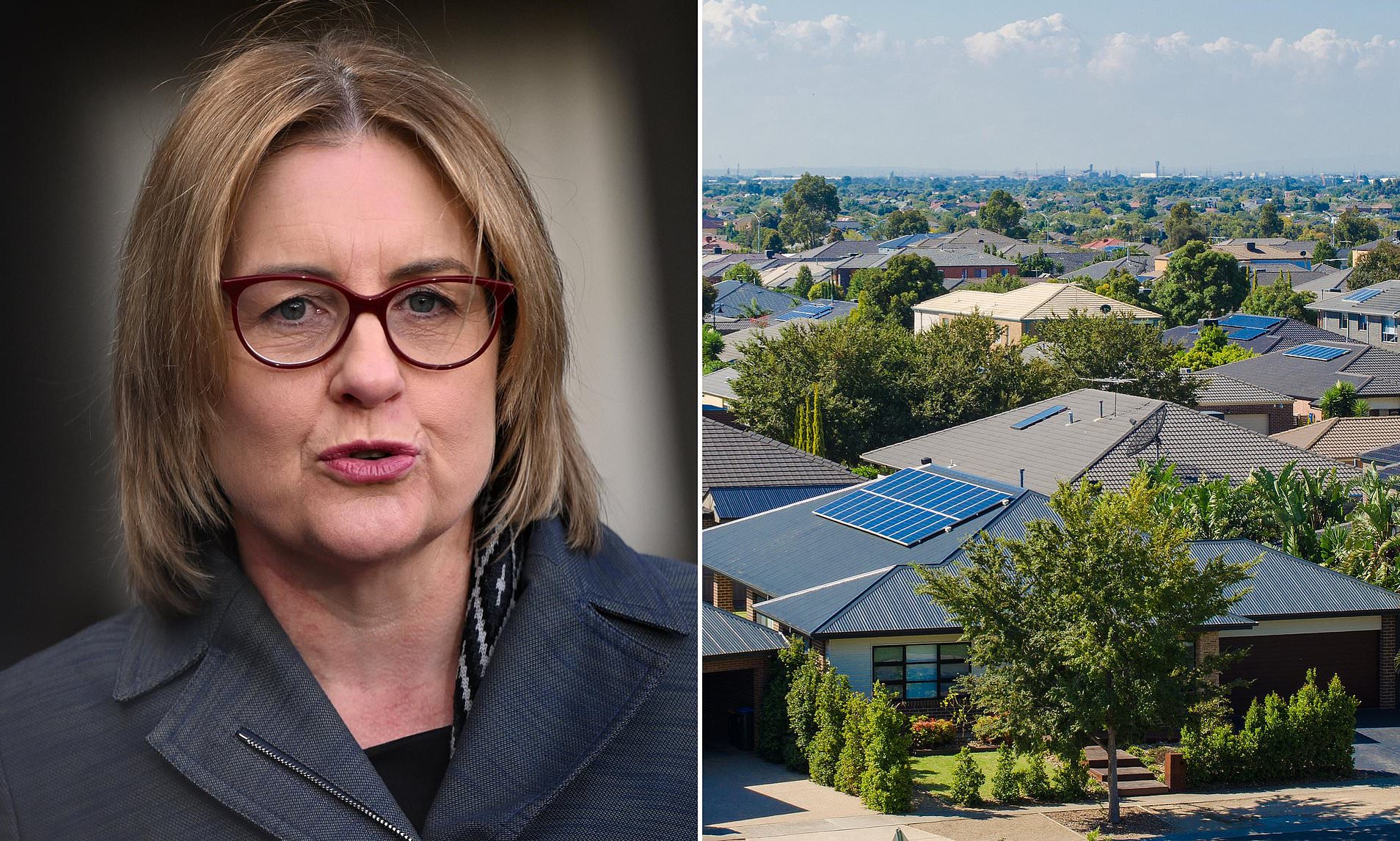-
Allan government waters down gas plans
-
READ MORE: PVO on city’s absurd move to tackle climate change
The Victorian government has backflipped on its plans to force homeowners to phase out gas heating appliances amid falling support for the state’s electrification plans.
Premier Jacinta Allan on Tuesday unveiled a significantly scaled-down set of regulations, abandoning earlier proposals for widespread enforcement of a switch to electric appliances.
Under the revised rules, homeowners will be required to replace gas hot water systems with electric models by March 1, 2027.
Landlords will also need to install reverse-cycle air conditioners when existing gas heaters reach the end of their mechanical life.
However, unlike previous versions of the policy, homeowners will not be forced to replace expired gas cooktops or other appliances with electric options. Exemptions will apply where transitioning to electricity is considered too costly or complex.
Victoria’s backflip coincides with a newly announced ban on gas appliances being pushed ahead with by the City of
Sydney
from January next year.
Victoria’s decision to walk back the plans follows decreasing support for the phasing out of residential gas connections among local residents.
A Redbridge poll, published in The Herald Sun, found only a quarter of people supported efforts to phase out gas connections in existing Victorian properties.


Net support among Labor voters was also in the negative having fallen from -1 to -9 since February with the lowest support across the board in outer suburban areas.
Ms Allan said the changes aimed to help families reduce their energy bills while easing pressure on the state’s gas network.
‘Families will pay less on their energy bills, industry will get the gas it needs – and Victorian jobs are protected,’ Ms Allan said.
Newly built homes in Victoria will still be required to be all-electric in a move the government says could save owners up to $880 per year, or $1,820 with solar.
According to government estimates, switching to electric hot water systems could save households about $330 annually, or $520 for those with solar panels.
This is the second major revision to the Allan government’s 2023 net zero roadmap, following a decision to exclude gas stovetops from the phase-out in September.
That move came after strong backlash from industry and consumer groups, who urged the government to reconsider the scope of the plan.
Victoria remains the country’s biggest user of residential gas, with around 80 per cent of homes connected to the network.

The City of Sydney council recently
came under fire for its own ban on gas appliances for all new homes and businesses built from January next year.
It joined six other NSW councils that have already
banned indoor gas appliances in new builds in doing so
.
The Victorian household electrification policy was initially developed to mitigate rising prices and avoid disruption from a projected gas shortfall by 2029.
‘We know we need to continue to work hard in the energy space to both secure energy supply and also drive down bills,’ Ms Allan said.
‘That is about securing our gas supply into the future for the industry that needs it but at the same time looking at how we can protect local jobs and slash household bills.’
Peter Kos, Victorian director of Australian Energy Producers, welcomed the revised approach but urged further action to address looming gas shortages.
‘This is a welcome and pragmatic shift from the wider gas appliance ban the Victorian Government proposed earlier this year, which would have increased costs for households and businesses, stifled crucial gas investment and left Victorians
facing higher energy bills
and reduced energy security,’ Mr Kos said.
‘It shows the government has heard the clear message from households and industry that gas remains vital to Victoria’s energy security and that Victorians want to keep using gas.
‘However, the plan to force homes off gas hot water and banning gas connections in new commercial developments further adds to the government’s mixed messages on gas and does not address the urgent need for more gas supply to avoid structural shortfalls forecast for Victoria from 2029.
Read more













